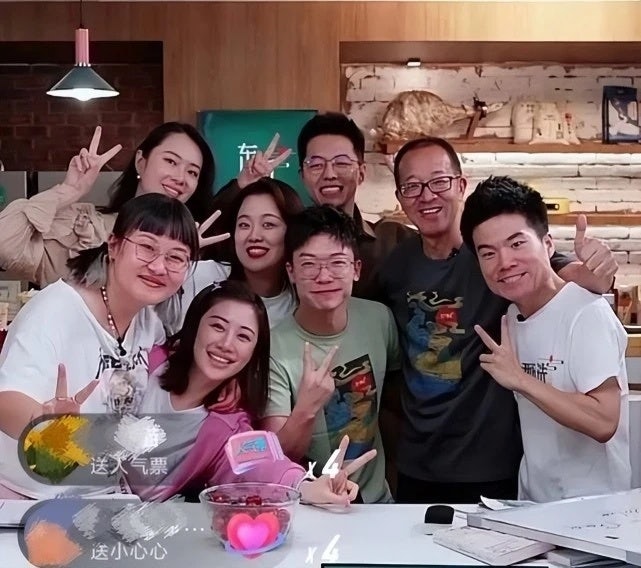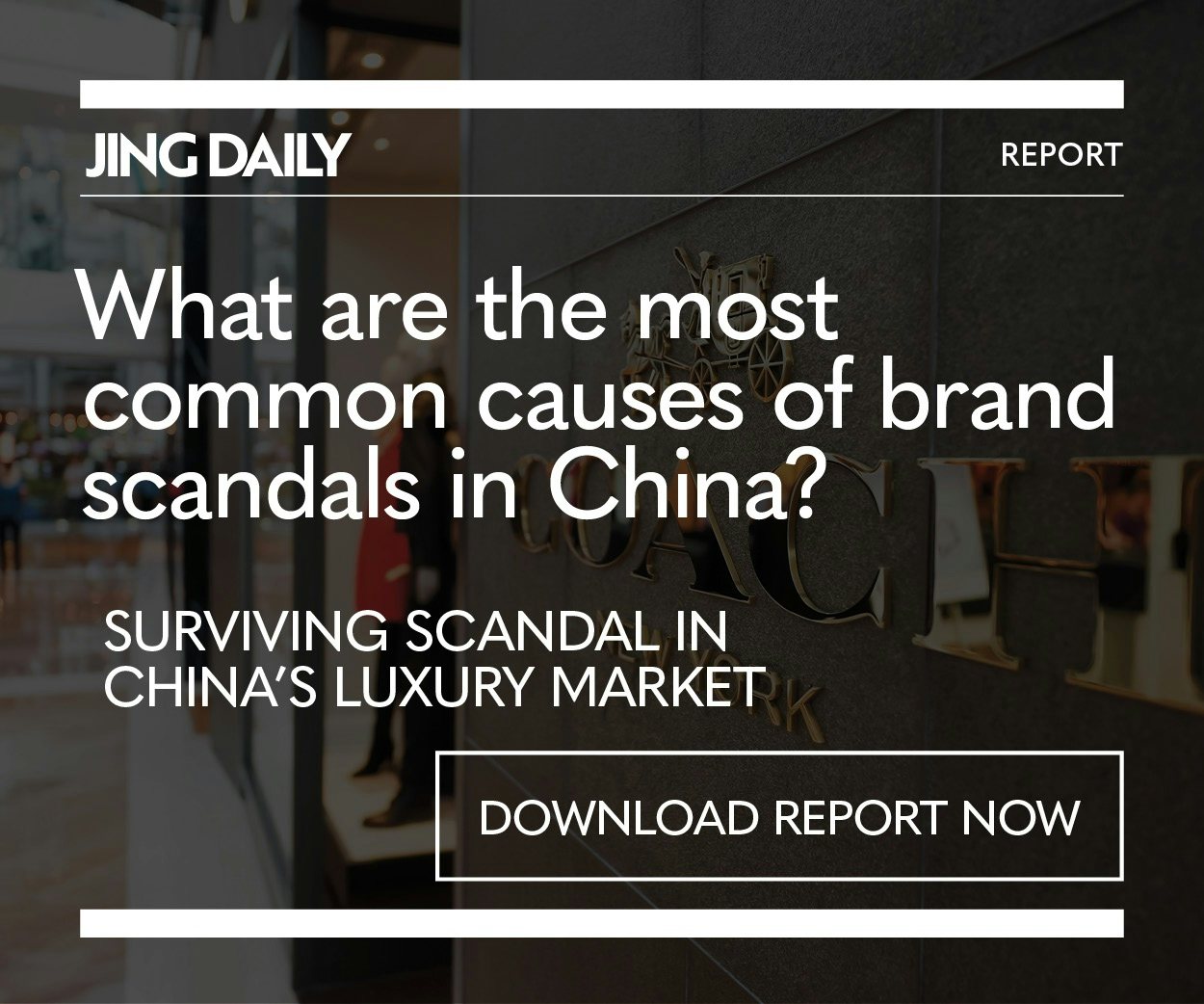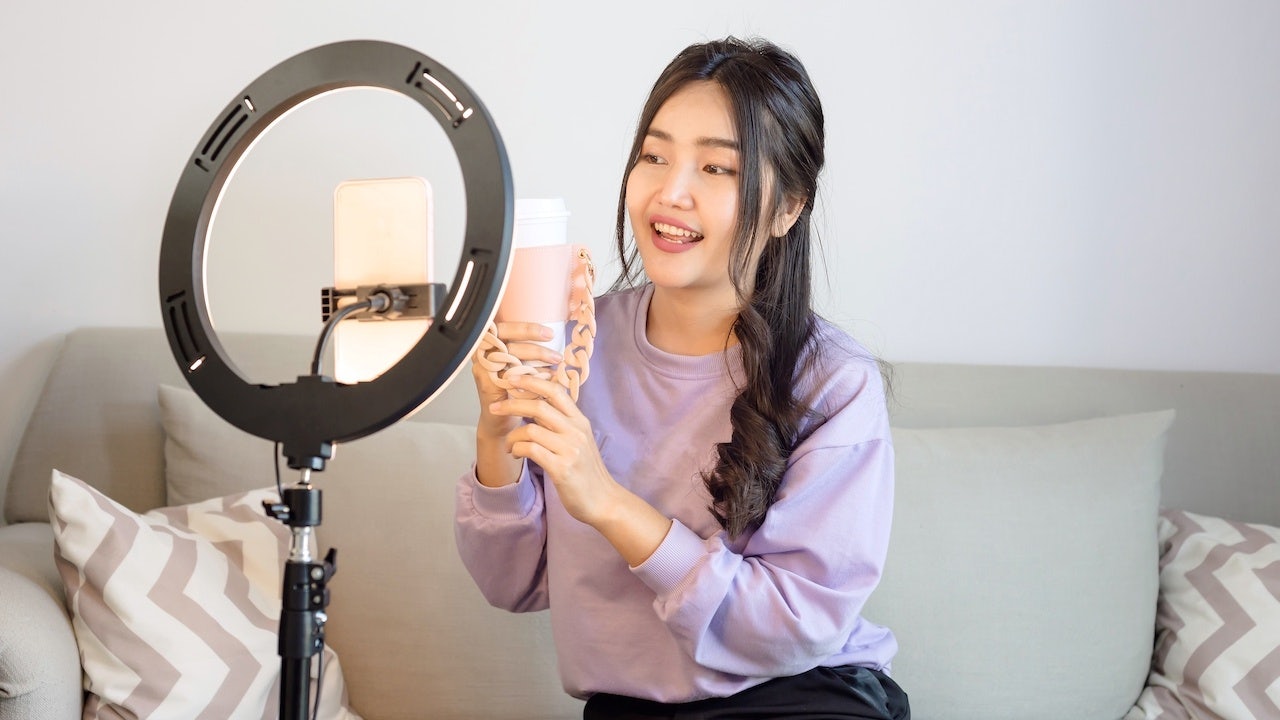Over the past five years, livestreaming e-commerce has emerged as one of China’s top retail battlegrounds, with platforms like Taobao Live, Kuaishou, and Douyin raking in billions as top livestreaming hosts developed “sell-anything” reputations and cultivated millions-strong fan bases. According to iResearch, China’s livestreaming e-commerce industry exploded from 20.9 billion yuan ($3.1 billion) in gross merchandise value (GMV) in 2017 to 2.2 trillion yuan ($339.3 billion) last year, with the industry expected to surpass 4.9 trillion yuan ($732.8 billion) in 2023.
Despite the clear opportunity for brands to leverage the livestreaming e-commerce trend – which many fashion and luxury brands already have – the nature of the format is changing rapidly in response to ever-tightening restrictions and an ongoing crackdown by government censors on entertainment, tech, celebrities and influencers.
Recent months have seen massive upheaval in China’s livestreaming industry, with previously high-flying livestreaming hosts crashing down and brands scrambling to reconsider their approach to the format. Taobao Live mega-hosts Viya (Huang Wei) and Austin Li (Li Jiaqi), for example, found themselves in the crosshairs of regulators over the past year, with Viya hit by a $210 million fine for tax evasion in late 2021 and Li going dark after a June 3 broadcast appeared to make reference to the 1989 Tiananmen Square protests and massacre. But the livestreaming crackdown is far from limited to Taobao Live, with entrepreneur-turned-streamer Luo Yonghao’s exclusive partnership with Douyin, which launched to great fanfare before a counterfeiting scandal in 2020, gradually fading into irrelevance before Luo announced his “retirement” earlier this month.
If the livestreaming e-commerce industry in 2020 and 2021 was defined by the rapid-fire “buy, buy, buy” delivery of mega-hosts like Li and Viya, we appear to be entering a new, lower-key phase as the explosive growth rate of short video cools and jaded audiences tire of the hard sell.

One company looking to capitalize is Oriental Select (东方甄选), a livestreaming e-commerce platform launched last December by private education giant New Oriental (新东方). Centered around relatable, down-to-earth hosts presenting items in both English and Chinese, Oriental Select has steadily attracted consumers via a soft-sell format that merges commerce and language education (and provided a revenue lifeline for New Oriental in the wake of the Chinese government’s ongoing crackdown on private education).
Despite slow consumer uptake in the six months since its launch, Oriental Select recently went viral as its hosts – all former English tutors – began infusing their sales broadcasts with English-language lessons. Although it lags far behind the likes of Taobao Live or Douyin, Oriental Select is in the midst of a revenue surge, with the platform boasting more than 200 million yuan ($29.9 million) in sales since the beginning of June and daily sales increasing from around 750,000 yuan ($112,102) to 62.6 million yuan ($9.4 million) in a 10-day span. This comes after the platform struggled to surpass 1 million yuan ($150,000) per day since its launch, according to livestreaming tracking platform Huitun.
Oriental Select’s burgeoning success indicates both that the platform is on the good side of government censors and that it is positioned to benefit from the latest tranche of livestreaming regulations. According to Technode, the new rules published last week dictate, among other things, that livestreaming hosts “self-regulate and avoid content that only focuses on viewing traffics, has morbid aesthetics, caters to fandom culture, or promotes money worship” and that hosts in fields like education “obtain relevant qualifications and approvals from the streaming platform.”

With qualified tutors hosting low-key broadcasts and selling relatively innocuous items like agricultural and health and wellness products, Oriental Select is positioning itself as something of an anti-Taobao Live, a place to entertain and educate audiences. This approach seems to be working, with the live broadcast audience exploding from around 600,000 on June 15 to more than 10 million one day later. Interest among brands is reportedly picking up, intrigued by the platform’s flat 10 percent commission, which is lower than that demanded by top anchors on other platforms.
The question now is whether Oriental Select will have the legs to attract major international brands – especially those in the premium and luxury segments – and if the company can diversify revenue streams by launching its own products rather than relying on third-party brands. But the bigger question is whether parent company New Oriental’s education credentials prove enough to fend off competition from the likes of Taobao Live, Kuaishou, or Douyin. Will these short video giants soon undermine Oriental Select with their own low-key, bilingual sales channels?

